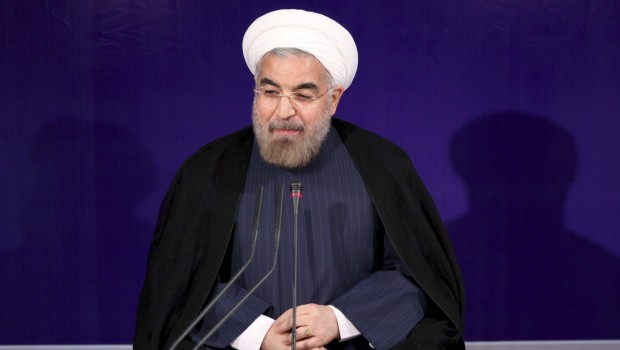Ali Tayebnia, the Iranian Minister of Economy and Finance, blamed the Mehr Housing Scheme, originally set up and funded by the Ahmadinejad Administration, for over-expanding Iran’s money supply in an interview with the Islamic Republic of Iran Broadcasting Corporation (IRIB).
The Mehr Housing Scheme is a home construction promotion program in which the government offers developers free land in return for the construction of cheap residential units for first-time house buyers on 99-year leases. Under the scheme, the government commissions banks as agents to offer loans to the real estate developers.
Tayebnia said: “Building cheap houses for people is a sacred mission. However, the previous government raised the market liquidity from USD 22 billion to USD 145 billion in order to develop the Mehr Housing Scheme.”
“Market liquidity ends in high inflation. Inflation is a problem that the Iranian people have struggled with for decades. In the past year, the country experienced 30 percent inflation, which affected the market and intimidated investors from investing in the market,” Tayebnia said.
Tayebnia highlighted the role of the central bank, saying: “The government demanded a loan from the central bank for its subsidies plan. The biggest mistake the government made was that it did not repay its loan to the central bank.”
“The subsidies plan has a USD 3.2 million budget deficit. We must either not pay the share of production and medicine, which is not rational, or put extra pressure on the energy sector, which is not in people’s interest. The third option is to cut people’s monthly share from the subsidies reform plan.”
Tayebnia added: “We are planning to add new amendments to the current annual budget bill to find a solution for the budget deficit in order to continue paying people’s monthly share [IRR 455,000].”
Tayebnia said that he believed the policy of the new administration should be to take control of market liquidity and inflation, and “also avoid any shocks to the market.”
On Saturday, President Hassan Rouhani stated that his administration would begin implementing measures to tackle the country’s economic problems within 100 days of taking office, a measure that was part of his election manifesto.
“We promise the people that, in the first 100 days or even less, we will take necessary actions on the economy and inform the people of the result,” said Rouhani in a Saturday ceremony on the occasion of Government’s Week (August 24–30) at Imam Khomeini’s Mausoleum in Tehran.
Rouhani said the country’s economy was suffering from a combination of economic contraction and growing inflation, often termed “stagflation” by economists and commentators.

